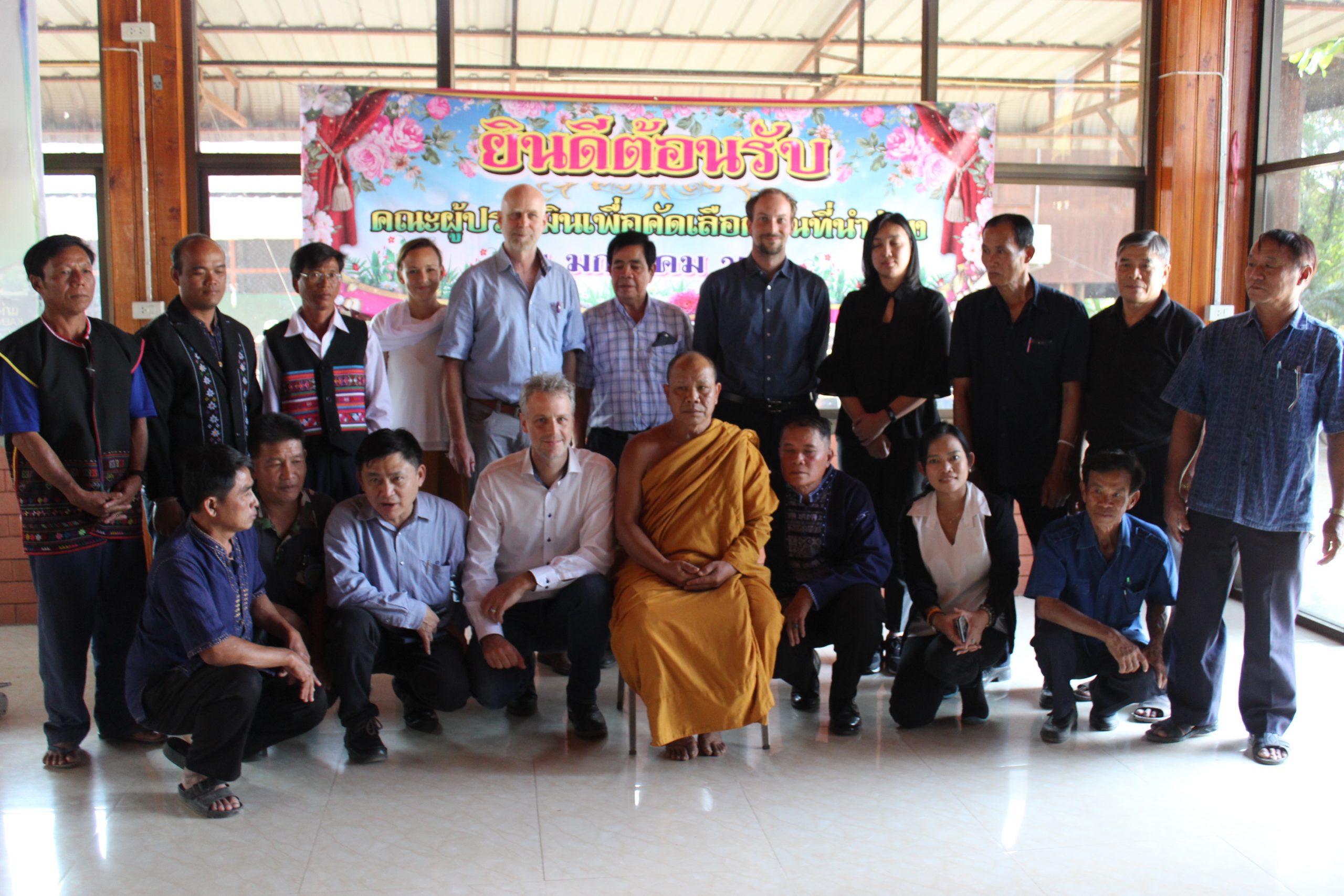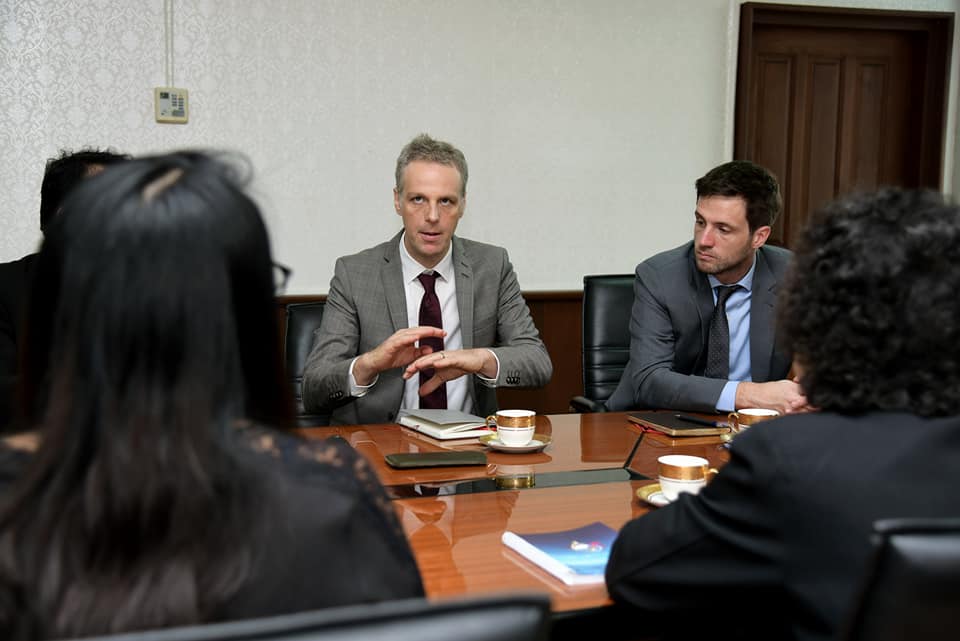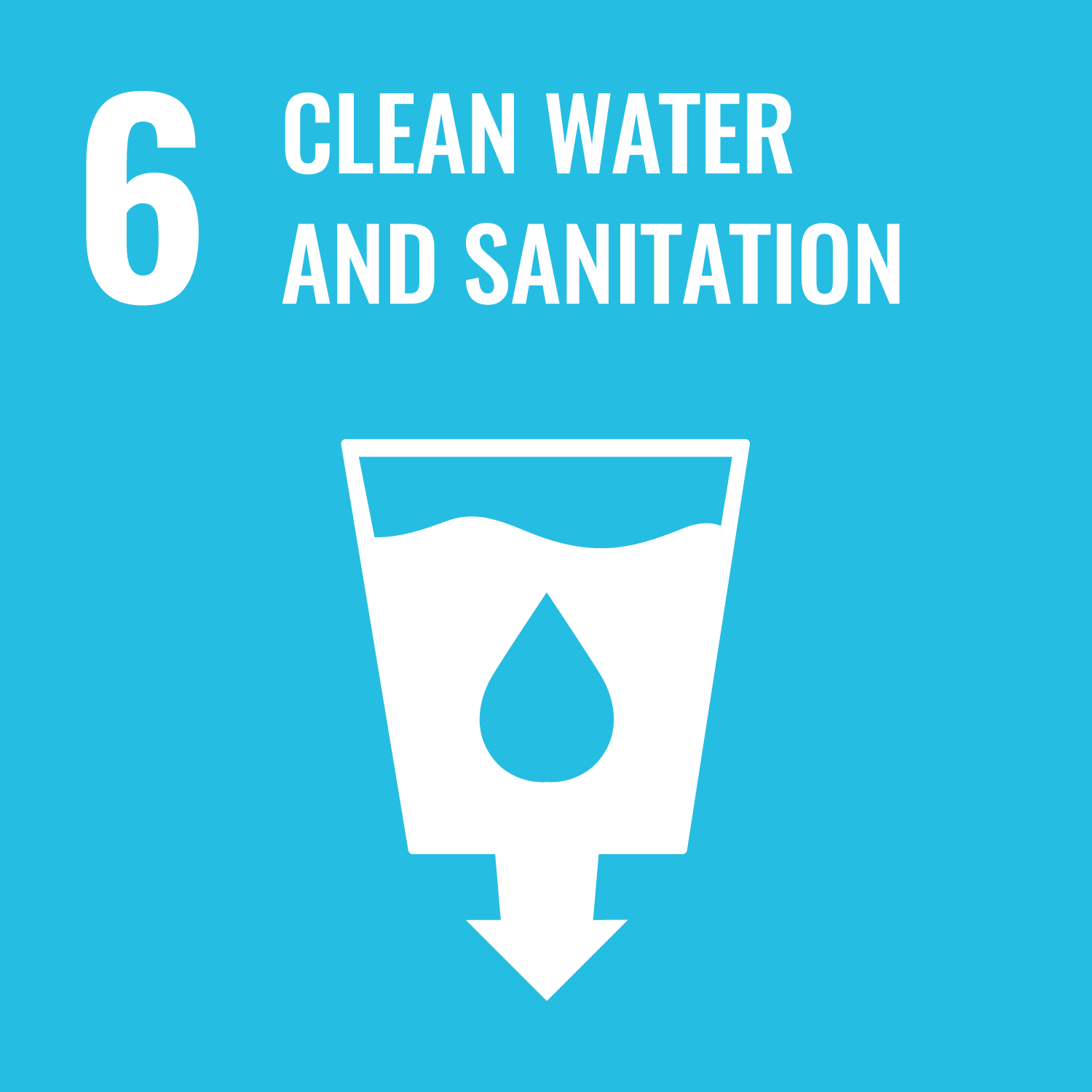Thai-German Climate Programme – Water
Objective
- Support the improvement of the national framework conditions for climate-sensitive IWRM and advance ecosystem-based solutions to prevent and reduce the impacts of climate and water related disasters at national and river basin scale.
- Enhance our partners’ capacities to monitor and evaluate adaptation measures in water resources management.
- Identify and recommend options to integrate and elevate climate finance in the Thai water sector.
Description
TGCP-Water aims to support the improvement of the national framework conditions for climate-sensitive Integrated Water Resources Management (climate-sensitive IWRM) and to advance Ecosystem-based Adaptation (EbA) solutions to prevent and reduce the impacts of climate-induced disasters in the water sector. The project works with partners at national and river basin scale, especially the key water-related government agencies and the River Basin Committees (RBCs). TGCP-Water furthermore works towards strengthening its partners’ capacities to monitor and evaluate the effectiveness of adaptation measures, incl. EbA, in water management and to identify best options, such as a tagging system or a water fund, to mobilize finance for climate change adaptation and to enable the Thai government to make climate risk informed investments in the water sector.
Field of intervention
- Promote a climate-sensitive IWRM approach for Thailand to reach its national adaptation targets.
- Advise on advancing climate resilience in the water resources management at national and river basin scale covering management, planning and implementation, as well as mechanisms for adaptation financing and monitoring.
- Support institutional and planning processes to strengthen the River Basin Committees (RBCs) and to develop risk-informed River Basin Master Plans (RBMPs) that are based on multi-stakeholder dialogues and in line with the concept of climate-sensitive IWRM.
- Value multi-stakeholder dialogues, joint selection and prioritization processes as well as awareness-raising activities as key success factors for a systematic climate-sensitive water management approach at river basin scale.
- Demonstrate the benefits of “green” (nature-based) solutions as cost-effective and flexible option for climate change adaptation, which complement “grey” infrastructures measures
- Tailor related guidelines and curricula for governmental and non-governmental stakeholders in the water sector to enhance nationwide outreach/scaling.
Targeted beneficiaries
- Water-related government agencies, River Basin Committees, communities and other water users
Achievements
- The joint development of a self-assessment tool for mainstreaming climate change adaptation (CCA) and Ecosystem-based Adaptation (EbA) in the water sector as well as a policy dialog and the joint participation in the COP have strengthened the interagency cooperation between ONEP and ONWR. This cooperation will be continued with the development of a joint policy brief series that will provide the foundation for a climate resilient transformation of the water sector.
- Two pilot sites the Yom and Sakaekrang river basin in the lower North and the western part of Thailand were selected for the implementation of project activities to support climate risk informed planning and the development of EbA measures. A participatory process taking into account the priorities of various stakeholders and the final results of assessments conducted in five river basins led to the selection.
- A joint research partnership between ONWR and selected universities have been set-up to support the development of a digital solution-based Monitoring and Evaluation (M&E) methodology to assess the impacts and benefits of EbA measures and provide scientific evidence on the important role ecosystems can play for climate resilient river basins.
Publications/Knowledge Products
COUNTRY
Thailand
DURATION
January 2018 - December 2021









